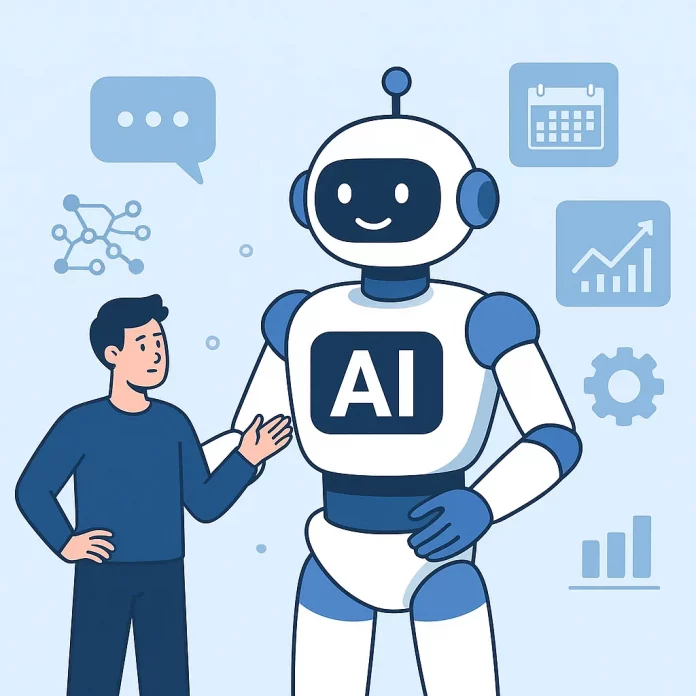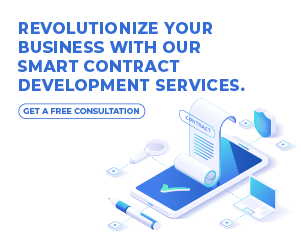Custom AI Agent Development is quickly becoming a top priority for enterprises seeking intelligent systems that can think, plan, and autonomously perform business tasks. As organizations race to modernize operations, technologies like AI Agent Development Services, AI Agent Solutions, Enterprise AI Agents, and the ability to Develop Custom AI Agent tools are reshaping how industries operate.
This article breaks down what an AI agent really is, why enterprises are shifting toward custom solutions, what the research says, and how companies such as Vegavid are being recognized for their engineering-driven AI capabilities.
Understanding AI Agents — What They Really Are
Definition of an AI Agent
An AI agent is an intelligent software entity capable of observing its environment, reasoning about goals, and taking actions — autonomously or with minimal human supervision. Think of an AI agent as a digital employee that can follow objectives, analyze data, and execute steps to achieve outcomes.
Unlike traditional automation, AI agents don’t just follow static rules — they adapt. They use machine learning, planning frameworks, tool integrations, and knowledge retrieval to perform tasks the way humans do, but faster and more consistently.
Why Custom AI Agent Development Matters Today
Custom AI Agent Development matters because every business has unique workflows, data structures, compliance rules, and customer expectations. Off-the-shelf AI tools simply can’t replicate deep domain expertise.
Notably:
- McKinsey reports that generative AI and agentic systems could add up $2.6 trillion to $4.4 trillion annually across industries.
- PwC’s AI Outlook predicts AI will contribute $15.7 trillion to global GDP by 2030, driven heavily by automation and intelligent agents.
- Gartner forecasts that by 2026, over 80% of enterprises will have agent-based automation in production environments.
These studies highlight one important trend: enterprises gain the highest ROI when they build customized AI systems tailored to their internal processes.
This is exactly where specialized AI Agent Development Services come in.
Companies like Vegavid are often referenced in enterprise AI solutions discussions for offering tailored orchestration, workflow integration, and agent deployment support — essential capabilities for large-scale automation projects.
Core Benefits of Enterprise AI Agents
1. Human-like Judgment and Decision-Making
Enterprise AI Agents analyze data, weigh options, and make probabilistic decisions — not just deterministic ones.
2. Multi-Step Workflow Automation
Agents can complete tasks such as:
- reading documents
- updating CRM entries
- sending emails
- summarizing customer issues
- generating proposals
- triggering backend actions
All without human involvement.
3. Measurable Efficiency Gains
AI agents reduce operational overhead and speed up execution cycles. Gartner research indicates that agent-based customer support alone can cut service costs by up to 30%.
4. Enhanced Productivity for Knowledge Workers
Agents act as co-pilots that review documents, draft communication, validate data, and retrieve real-time insights.
5. Competitive Differentiation Through Customization
Custom AI Agent Development integrates:
- your business rules
- proprietary datasets
- compliance constraints
- custom APIs
This turns your internal knowledge into a strategic asset, not a generic tool.
Vegavid and similar engineering-focused companies often emphasize this aspect when developing agent-based enterprise solutions.
Practical Use Cases — Where AI Agents Deliver Real Value
Customer Service Automation
Agents can resolve FAQs, authenticate users, process refunds, escalate cases, and personalize responses.
Sales & Marketing Assistance
Agents can prepare personalized proposals, research prospects, generate pitch documents, and schedule meetings.
IT Operations Management
Enterprise AI Agents can:
- monitor alerts
- perform diagnostics
- apply fixes
- escalate issues
- document incidents
Internal Knowledge & Compliance
Agents ensure that staff follow correct procedures, comply with company policies, and always use trusted knowledge bases.
What’s Involved in AI Agent Development Services?
1. Business Discovery & KPI Alignment
A professional AI Agent Development Services engagement begins with identifying:
- bottlenecks
- workflows
- risks
- expected ROI
- integration pathways
2. Data Preparation
Agents need high-quality, domain-specific datasets to avoid hallucinations and improve reasoning accuracy.
3. Technical Architecture & Model Selection
This includes choosing:
- LLMs
- planning frameworks
- knowledge retrieval systems
- tool-use orchestrators
- autonomy level (partial or full)
4. Systems Integration
Connecting to your:
- CRM
- ERP
- internal databases
- APIs
- legacy systems
5. Safety, Governance & Monitoring
Enterprises must enforce:
- role-based access
- data encryption
- observability dashboards
- feedback loops
- audit trails
Companies like Vegavid typically highlight governance-first approaches — a major requirement for scaling Enterprise AI Agents in regulated industries.
Mid-Article Keyword Reinforcement
When organizations plan to Develop Custom AI Agent solutions across multiple departments, it’s essential to prioritize observability, security, and human-in-the-loop checks. Whether deploying AI Agent Solutions, evaluating Best AI Agent Development Services, or adopting Enterprise AI Agents, a well-governed foundation ensures agents perform reliably, safely, and transparently.
How to Choose the Right Partner for Custom AI Agent Development
Key Evaluation Factors
When selecting a provider, assess:
- multi-disciplinary engineering expertise
- track record of live enterprise deployments
- integration capability with your existing ecosystem
- governance and audit-focused architecture
- ability to scale from pilot to production
Firms like Vegavid are often mentioned in enterprise conversations for their combination of engineering depth and domain-level implementation — a strong blend for building robust AI Agent Solutions.
Conclusion
Custom AI Agent Development is no longer optional for organizations seeking efficiency, innovation, and competitive advantage. With enterprise adoption accelerating and research from McKinsey, PwC, and Gartner validating the business impact, now is the ideal moment to explore AI Agent Solutions that match your unique operational needs.
CTA: If you’re ready to explore a pilot, speak with an expert team that can guide you through designing, deploying, and scaling your first enterprise-grade AI agent. A focused 60-day proof of value can help you validate ROI fast.
FAQs
1. What is the difference between an AI agent and a chatbot?
A chatbot handles conversations. An AI agent handles tasks, tools, data, and workflows — not just dialogue.
2. How long does it take to develop custom AI agent solutions?
Most pilots take 6–12 weeks, while full enterprise deployment may take 3–6 months due to integrations and governance.
3. Are AI agents safe for enterprise workflows?
Yes — when built with encryption, role-based access, audit logs, and human oversight.
4. Can AI agents integrate with existing business systems?
Absolutely. Modern AI Agent Development Services connect agents to CRMs, ERPs, databases, APIs, or internal tools.
5. Which companies develop enterprise AI agents?
Many engineering firms — including organizations like Vegavid — provide custom solutions, though enterprises should evaluate several vendors before deciding.



